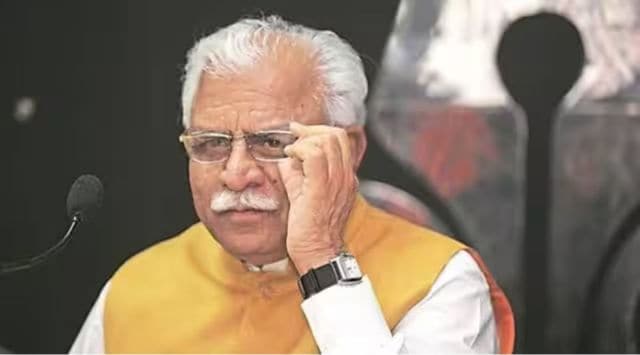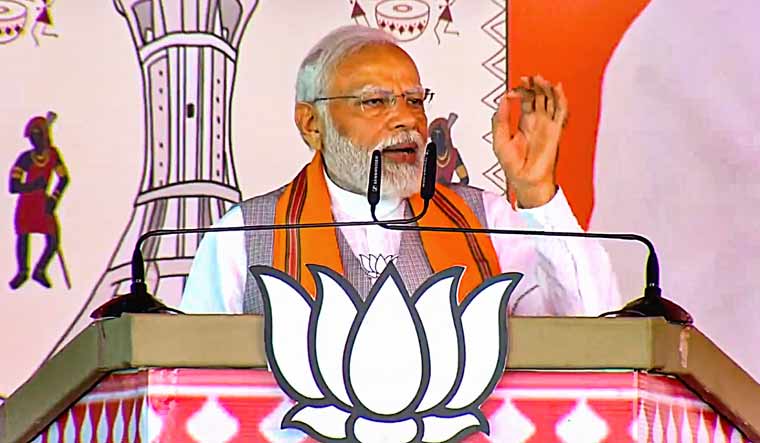
In a significant move towards fostering inclusive development, the Haryana government has recently taken a proactive stance to alleviate the challenges faced by Below Poverty Line (BPL) families in the state. The announcement, made by the government, ensures that families falling under the BPL category will now receive two essential services completely free of cost – ration and healthcare. This bold initiative is poised to have a transformative impact on the lives of countless marginalized families, ushering in a new era of social welfare and economic empowerment.
Background:
Haryana, like many other states in India, grapples with the stark reality of economic disparity, with a substantial portion of its population living below the poverty line. Recognizing the pressing need to address this issue, the state government has rolled out a comprehensive plan aimed at uplifting the vulnerable sections of society. By declaring that BPL families will be entitled to receive ration and healthcare services without any financial burden, the government has demonstrated a commitment to prioritize the welfare of its citizens.
Free Ration Distribution:
The provision of free ration to BPL families is a crucial aspect of the government’s initiative. Access to a regular and nutritious food supply is a fundamental right, and this move ensures that no family is left struggling to meet their basic dietary requirements. The government’s commitment to providing free ration signifies a departure from traditional approaches, moving towards a more humane and compassionate governance model.
This decision holds the potential to break the cycle of poverty by addressing one of its root causes – lack of access to adequate nutrition. It not only addresses the immediate concerns of hunger but also contributes to the long-term well-being of individuals and families. Adequate nutrition is pivotal for the physical and cognitive development of children, ensuring they have a better chance at a brighter future.
Free Healthcare Services:
In addition to free ration, the government’s announcement extends to free healthcare services for BPL families. This holistic approach recognizes that health is an integral component of overall well-being. By removing financial barriers to healthcare access, the government aims to ensure that every citizen, regardless of their economic status, can avail themselves of necessary medical services.
This initiative is poised to enhance the health outcomes of BPL families, reducing the burden of preventable diseases and improving overall community health. Timely medical intervention can prevent minor health issues from escalating into major challenges, thereby saving lives and minimizing the economic impact on families.
Read Also: https://www.toevolution.com/elvish-yadav-journey
Impact on Socio-economic Landscape:
The decision to provide free ration and healthcare services is not just a welfare measure; it is a strategic investment in the socio-economic development of the state. Healthy and well-nourished individuals are more likely to be productive members of society, contributing to the overall growth and prosperity of the region.
Furthermore, this initiative aligns with the broader goal of achieving Sustainable Development Goals (SDGs), particularly Goal 1 (No Poverty) and Goal 2 (Zero Hunger). By directly addressing the needs of BPL families, the Haryana government is setting an example for other regions to follow, demonstrating that inclusive policies are not only morally imperative but also economically prudent.
Challenges and Implementation:
While the announcement is undoubtedly a commendable step towards inclusive development, the successful implementation of these policies will be key to realizing their full impact. The government must ensure that the benefits reach the intended beneficiaries without any leakage or corruption in the distribution system. Robust monitoring mechanisms and community involvement can play a crucial role in overcoming these challenges.
Conclusion:
In conclusion, the Haryana government’s decision to provide free ration and healthcare services to BPL families is a laudable stride towards inclusive and equitable development. This initiative not only addresses the immediate needs of vulnerable populations but also sets the stage for long-term socio-economic transformation. It is a reminder that effective governance is not just about economic growth but about ensuring that the benefits of growth are shared by all segments of society. As Haryana takes this bold step, it paves the way for a more compassionate and egalitarian India.


